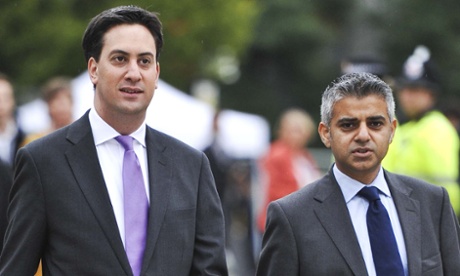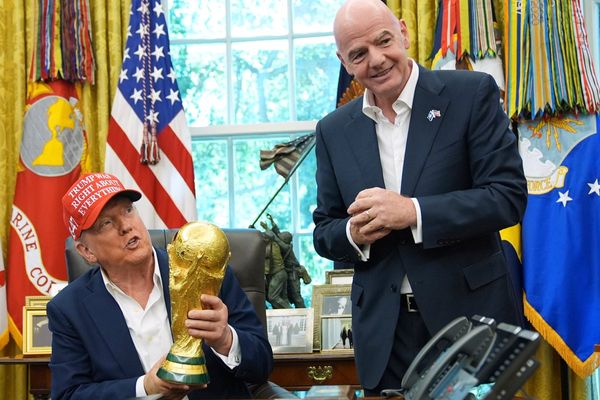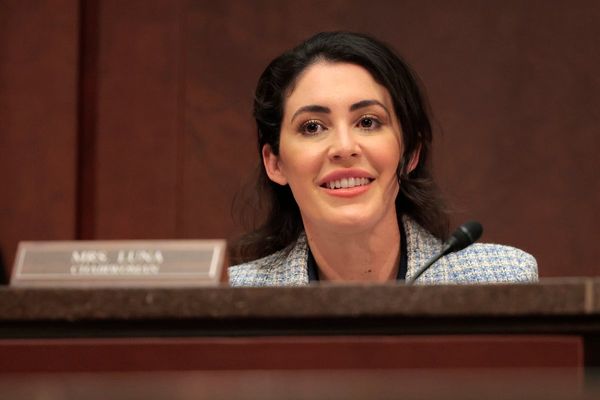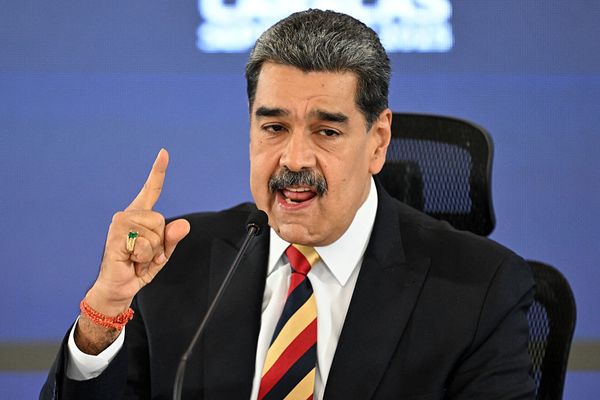
Ed Miliband has backtracked on a promise that Londoners who want to help choose the party’s candidate for mayor would be given until the ballot to sign up by paying a reduced membership fee.
The Labour leader had said the process would be a form of closed primary in which it would be easy for the public to register as a party supporter and then vote.
The plan was modelled on the system the French Socialist party used to choose its candidate for the presidency in 2011, when nearly three million people voted, raising more than €3m for the party.
Instead, Labour says individual supporters can register to vote at a cost of £3 for only 12 days after the general election on 7 May. Unions and socialist societies will be given longer to recruit, until 19 June. The ballot will take place in mid-July.
In a speech last year announcing party reforms in the wake of the Falkirk selection controversy, Miliband said: “Any Londoner should be eligible to vote and all they will need to do is to register as a supporter of the Labour party at any time up to the ballot.”
Pressed on the discrepancy in an interview with the magazine Progress, Miliband skirted around the issue. Asked why Labour’s national executive committee – tasked with implementing the detail of the reform – had allowed just a 12-day window to register, he said: “I’m going to leave that to the NEC.”
Although Miliband has made much of the need to build a mass party, he appeared reluctant to comment further, saying: ‘This is a level of detail [about which] there are other people who can make this judgment.”
At one point London party officials, nervous of infiltration, suggested non-members should pay a prohibitive £10 to get a vote, saying the fee was necessary to cover the costs of the ballot. The proposals were rejected by most of the candidates.
Candidates are mystified as to why unions are being given longer to recruit. They say it is self-defeating for the party to close the registration window just at the point when people’s attention will be turning to the mayoral ballot.
A candidate will need five nominations from constituencies, a party socialist society or a union affiliate before they are entitled to go before a shortlisting panel on 15 June, and the ballot will take place between 8 and 29 July.
The race looks likely to be between the shadow justice secretary, Sadiq Khan; the former cabinet minister Tessa Jowell; the leftwing backbencher Diane Abbott; the former health minister David Lammy; and a rank-and-file transport specialist, Christian Wolmar. Margaret Hodge, chair of the Commons public accounts committee, has stood aside and is said to be backing Lammy.
The timetable allows potential candidates to make a judgment after the general election on whether to stand for mayor, with figures such as Khan potentially facing a choice between a mayoral run and an important role in cabinet.







